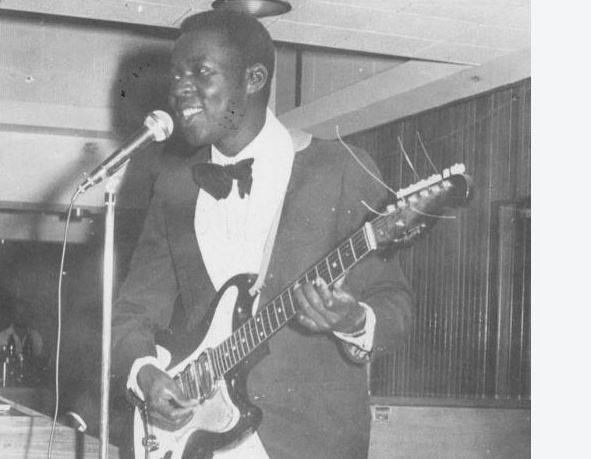×
The Standard e-Paper
Kenya’s Boldest Voice

Veteran rhumba musician Juma Toto, the man who gave Gor Mahia football club its anthem, FC Gor Mahia, is dead.
Juma underwent a head surgery at Kenyatta National Hospital after falling and hitting his head on the pavement near his home in Jerusalem Estate, Nairobi, last week.